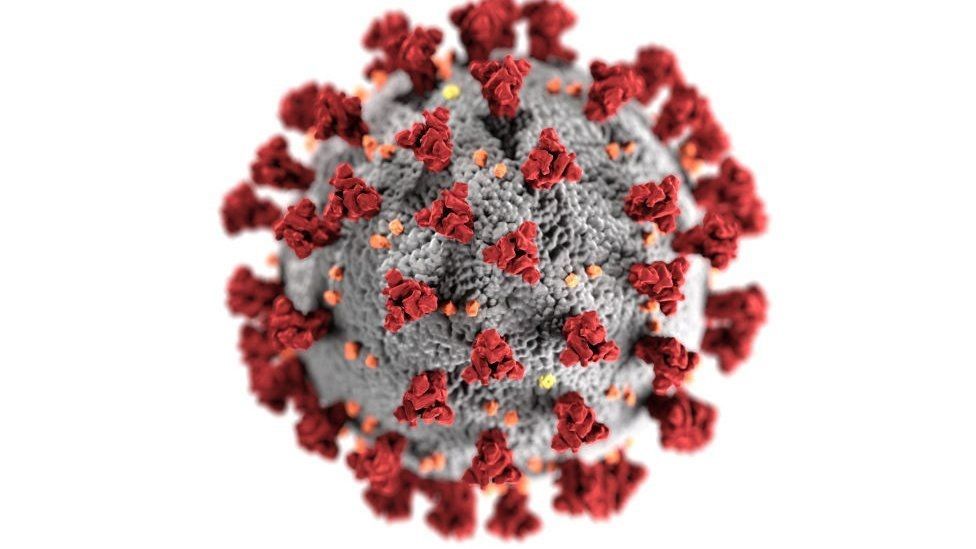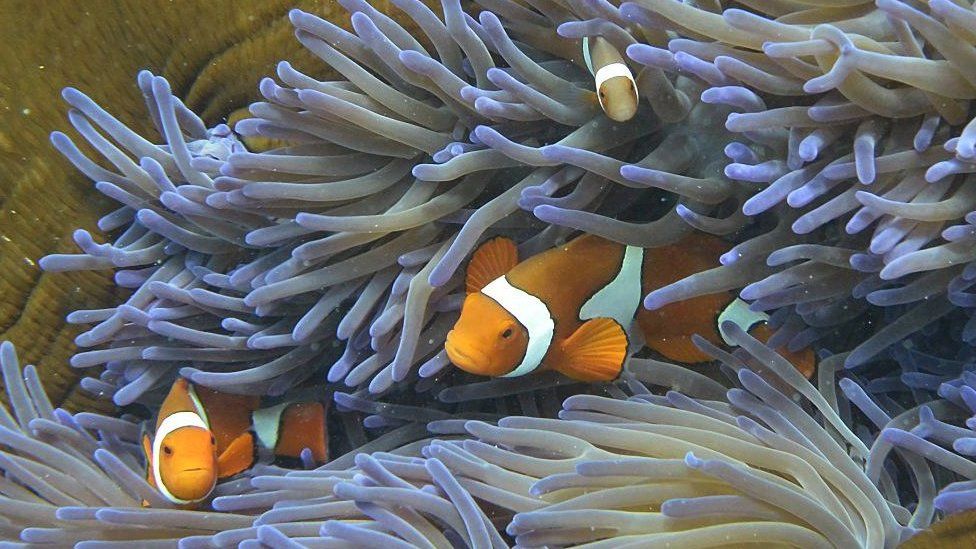Climate change report to sound warning on impacts

By Matt McGrath, Feb. 22: A new report on the impacts of climate change will likely be the most worrying assessment yet of how rising temperatures affect every living thing.
This will be the second of three major reports from the Intergovernmental Panel on Climate Change (IPCC) and its first since November's COP26 summit.
Scientists and officials will publish their conclusions on 28 February.
The study will focus heavily on regional impacts as well as on cities and coastal communities.
The IPCC carries out these large-scale reviews of the latest research on warming every six or seven years on behalf of governments. This set of three is their sixth assessment report.
Researchers are formed into three working groups that look at the basic science, the scale of the impacts and the options for tackling the problem.
For many major cities and developing countries, the report will highlight that tackling climate change is not about cutting emissions and hitting net zero sometime in the future, but about dealing with far more short-term threats.
"It is always immediate, that takes precedence. So if you've got to deal with a big influx of migrants or a massive flood event, that's where the focus is going to be," said Mark Watts, the executive director of the C40 group, a network of around 100 major cities that are collaborating to tackle climate change.
"In the global south, there really aren't any city climate programme funds at the moment. Of those that exist, almost none of them are about adaptation. They're all trying to get poor countries that have relatively low emissions, to reduce their emissions further, not about adapting to the impacts that they're already feeling."
Under the umbrella of the IPCC, scientists working on the report, who all volunteer for this work, review and write up thousands of papers to summarise the latest findings.
They then meet with government officials to go through their findings line by line and, upon reaching consensus, a short summary of their findings is published.
The study will also outline key "tipping points" that are likely to be passed as the world warms - some of which are irreversible like the disintegration of the Greenland ice sheet.
The report will also look at some of the technological solutions to climate change, but is likely to be quite dismissive of efforts to manage solar radiation or even to remove carbon dioxide from the atmosphere.
Overall it will have a much broader focus than just the science of what we can do about climate change.
Recent News

Do not make expressions casting dout on election: EC
14 Apr, 2022
CM Bhatta says may New Year 2079 BS inspire positive thinking
14 Apr, 2022
Three new cases, 44 recoveries in 24 hours
14 Apr, 2022
689 climbers of 84 teams so far acquire permits for climbing various peaks this spring season
14 Apr, 2022
How the rising cost of living crisis is impacting Nepal
14 Apr, 2022
US military confirms an interstellar meteor collided with Earth
14 Apr, 2022
Valneva Covid vaccine approved for use in UK
14 Apr, 2022
Chair Prachanda highlights need of unity among Maoist, Communist forces
14 Apr, 2022
Ranbir Kapoor and Alia Bhatt: Bollywood toasts star couple on wedding
14 Apr, 2022
President Bhandari confers decorations (Photo Feature)
14 Apr, 2022








